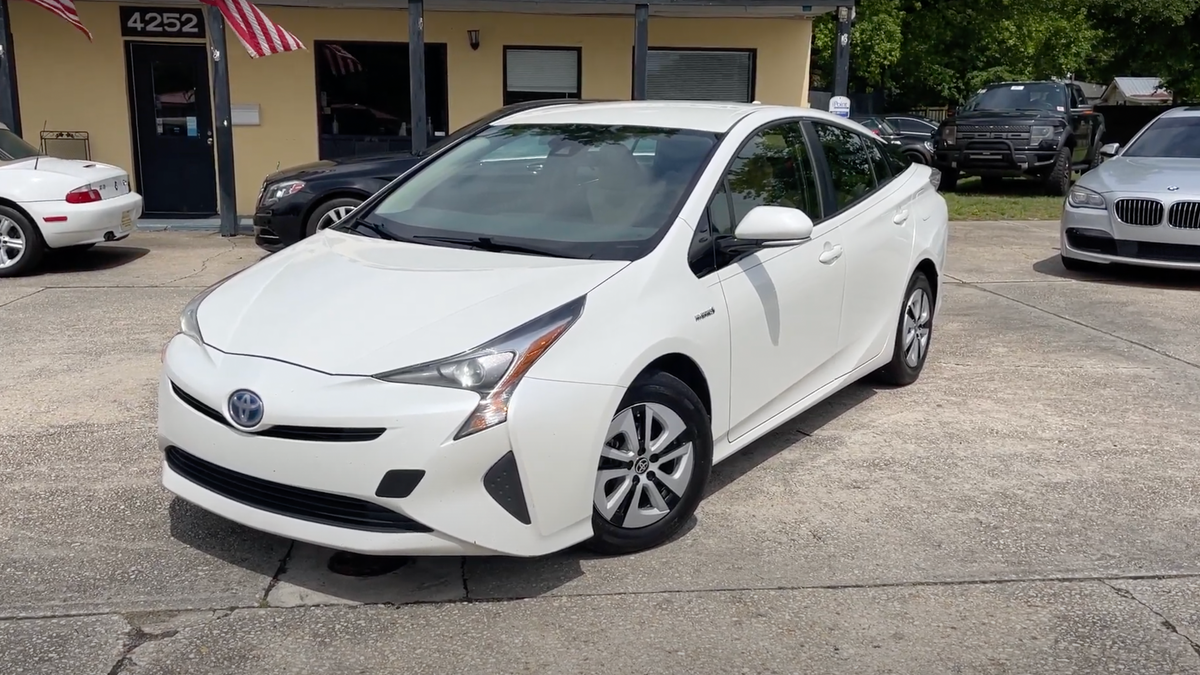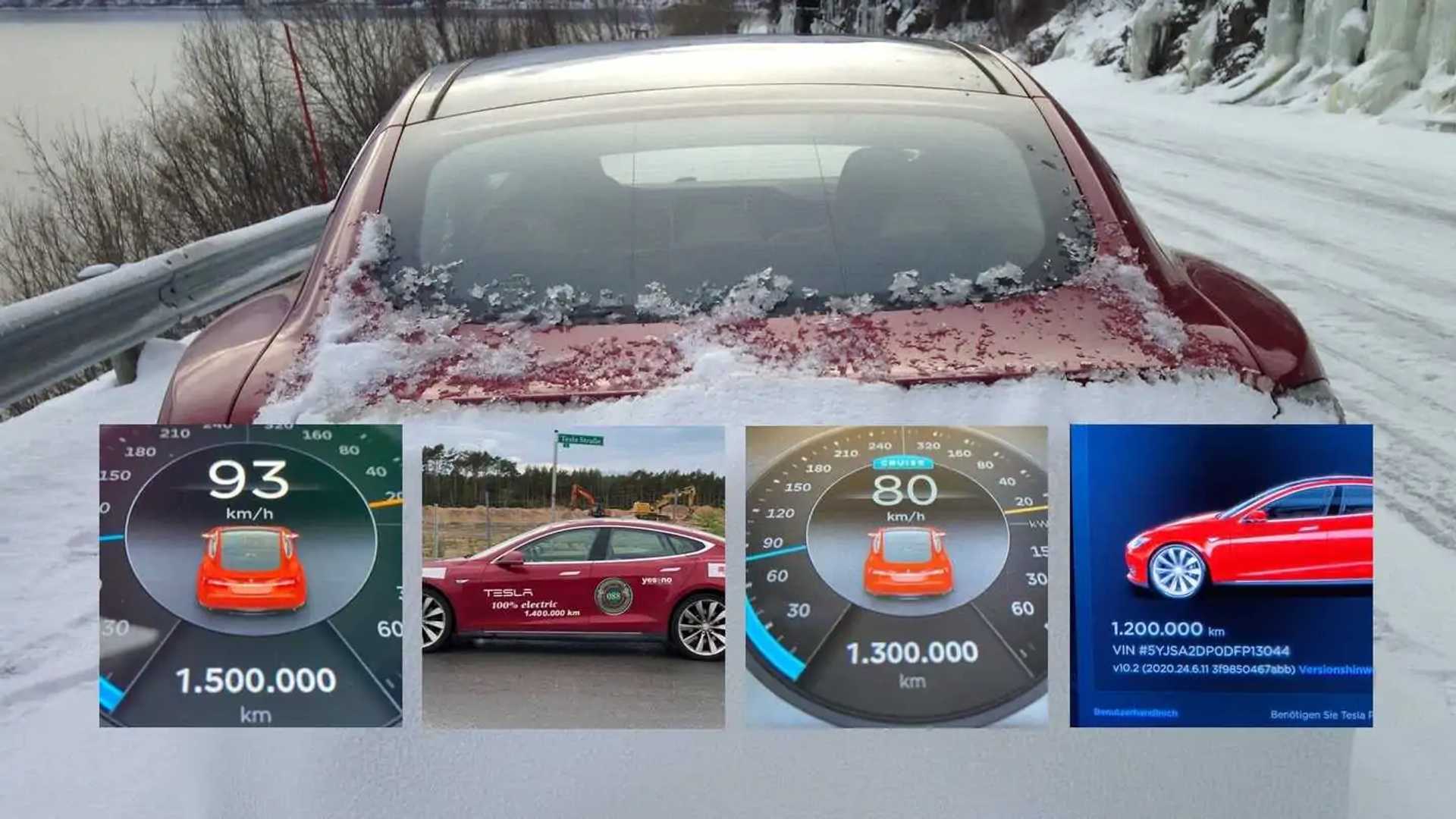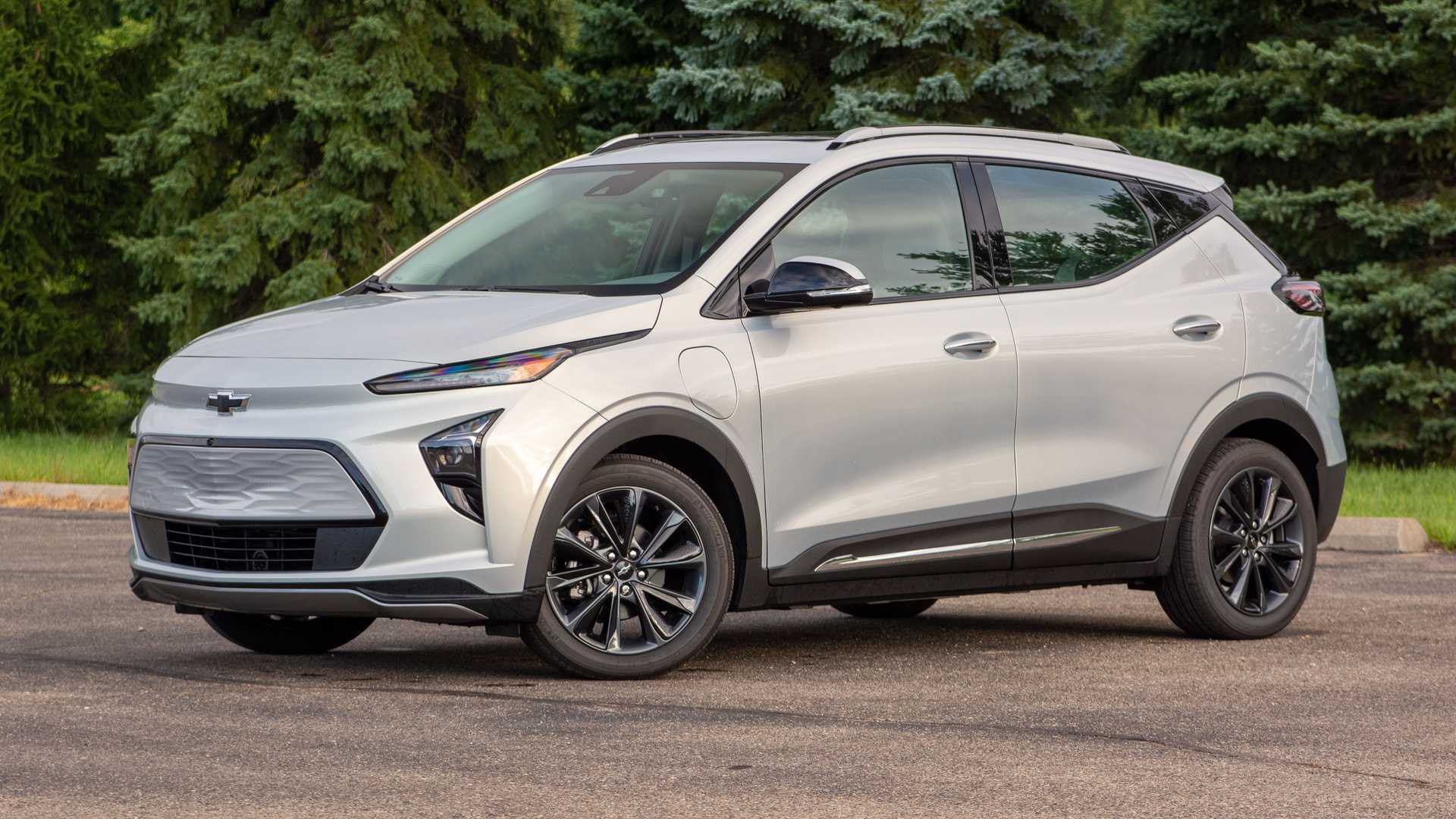I just finished reading through this thread and this graphic/article just popped up in my news feed. Coincidence? I think not.
It relates well to the discussion here but does not really address the OP's original comments about the effects of battery wear. It does include data on FF production impacts though.
A few thoughts I'd add:
- As the grid incorporates more renewable energy, EVs relying on it will get greener. Not so with ICE vehicles which trend the opposite way.
- Although BEVs have been around for over 100 years, the improvement of the technology has really accelerated only recently. A lot of gains are expected in the near term. Again, not so with ICE vehicles.
- BEV batteries that are no longer suitable for use in vehicles due to capacity loss are likely to see increased reuse for things like grid storage.
I suspect the bottom line numbers below will continue to diverge in favor of BEVs, especially as battery production and recycling technologies improve.
Our 7-year-old Nissan Leaf with 57K miles is showing minimal battery capacity loss (8%) but does eat front tires at an alarming rate which may relate to how fun the car is to drive.
The graphic, and your summary, jibes with my understanding of things in the US, on average.
But the average obscures the details. Not all BEVs, ICE vehicles, grids and countries are the same. This granularity is addressed by the paper I linked, that projected grid greening in scores of countries, and came up with projections a bit better than your graphic for a new BEV bought today in the US, 50% of the lifecycle emissions, versus 39/55 = 70% in your graphic. The data there is probably pre-IRA.
In the EU the improvement was higher, in China less. And in India... very small indeed.
I can't replace an HEV Prius with a Hummer EV and tell myself that I have 50% or 30% lower lifecycle emissions. Of course it is higher! While that is a bogus example, Jevon's Paradox is real. I would never buy a gas SUV, but someday I might buy a larger EV, negating some of the CO2 savings.
As we say, your mileage may vary. In my case, I kept my BEV small, the pack not huge (66 kWh), I try to keep it efficient with cabin heaters and tire inflation, and I charge on my 50% nuke, 50% gas grid. By charging 2-5AM, I assume I am getting 70+% nuke kWh, and thus my CO2 savings are probably a good bit better than the US average today. My neighbor with the Tesla model 3 LR, charging when he gets home from work (5PM to 8PM) could have 2X the CO2 emissions per mile.









![[Hearth.com] Why electric cars are not green machines? [Hearth.com] Why electric cars are not green machines?](/talk/proxy.php?image=https%3A%2F%2Felements.visualcapitalist.com%2Fwp-content%2Fuploads%2F2023%2F06%2Flifecycle-emissions-evs-vs-gas.jpg&hash=c6011e76a3271fd5400c6804370b029f)
![[Hearth.com] Why electric cars are not green machines? [Hearth.com] Why electric cars are not green machines?](https://www.hearth.com/talk/data/attachments/314/314000-19bfb6c1f6f626cd364dea4cdca660ce.jpg?hash=kQ4BvxawpJ)

